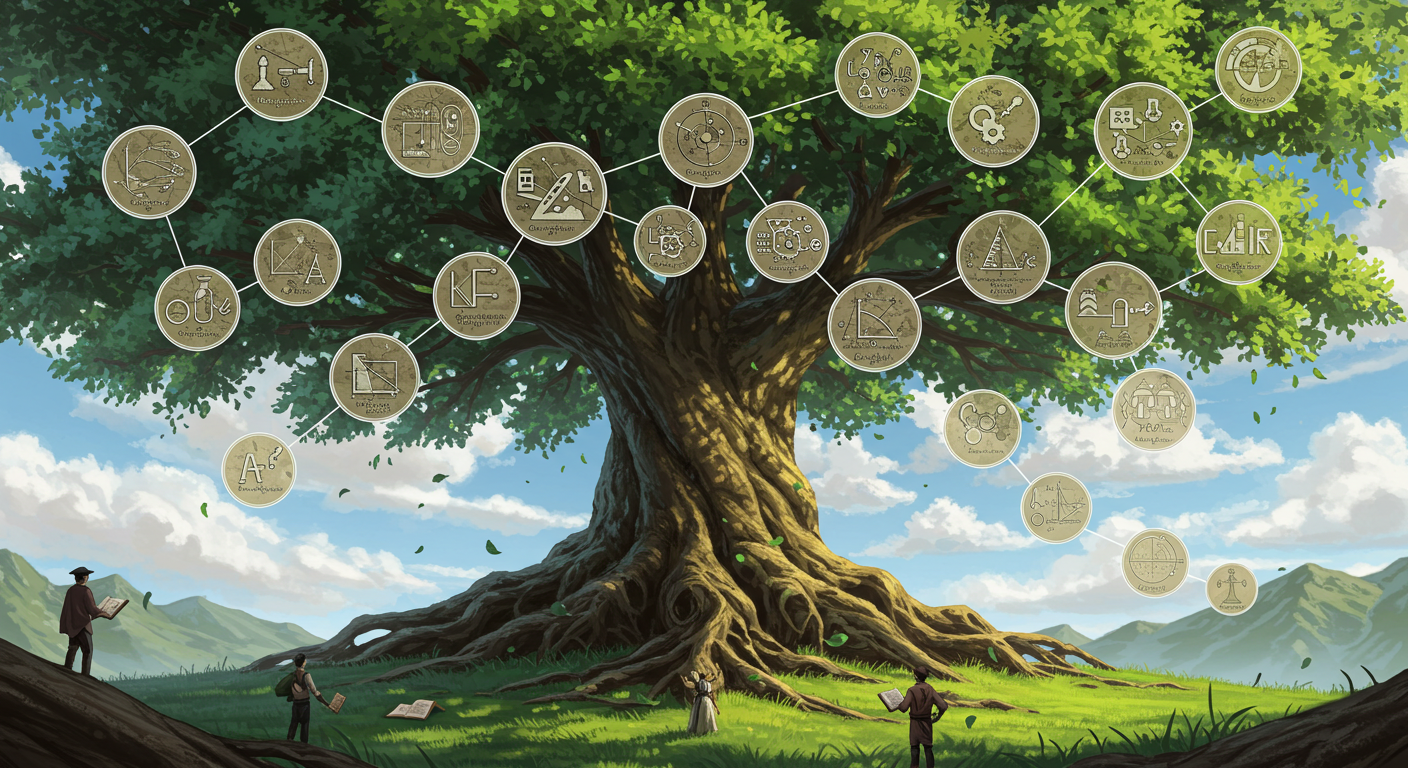The concept of the self and the complexity of the human mind have been long debated topics in psychology and philosophy. This article will explore the relationship between conscious and subconscious elements of the self, and how ancestral memories and deeper emotions may influence one’s current psychological state.
Understanding Consciousness and Self-Image
The conscious mind is what we are most familiar with. It is the part of the mind responsible for logical thinking, decision-making, and conscious awareness. However, it only represents a small part of the larger picture of who we are. The self-image, often thought to be shaped by our thoughts and experiences, is influenced largely by the conscious mind.
However, many experts believe that the true formation of the self extends beyond what we can consciously recognize. Beneath the surface lies the subconscious, a vast realm that houses not only personal memories but also deeper emotions, instincts, and possibly even ancestral traits passed down through generations.
The Role of the Subconscious
The subconscious mind plays a crucial role in shaping our behavior, decisions, and emotional responses. Unlike the conscious mind, the subconscious is not directly accessible to our awareness, yet it significantly influences how we react to various situations. It contains memories, beliefs, and emotional responses that we may not fully understand or be conscious of.
Many psychologists believe that the subconscious stores the emotional imprints of our ancestors, their experiences, and their unresolved feelings. This vast repository of emotional and psychological data could influence our own thoughts and actions, often in ways we are not fully aware of. This notion opens up a fascinating perspective on how deeply interconnected human beings might be to their lineage.
Ancestral Influence on the Mind
One concept that expands the idea of the subconscious is the belief that ancestral memories, feelings, and emotional baggage could be inherited across generations. This suggests that the emotional and psychological struggles of our ancestors, whether we are conscious of them or not, can affect our own lives. Some believe that unresolved traumas, feelings, and even desires could live on through genetic and emotional pathways.
In this view, our identities are not solely shaped by our personal experiences, but also by a much larger web of interconnected emotional experiences stretching across generations. This makes the process of understanding the ‘self’ even more complex, as it is influenced by layers of inherited psychological patterns that we might not even realize exist.
The Idea of Reincarnation and Collective Memory
Some philosophical and spiritual perspectives propose the idea of reincarnation, suggesting that memories and emotions from previous lifetimes could be imprinted on the soul and carried into the present. While this notion is not scientifically proven, it raises an interesting question about the continuity of emotional and psychological experiences across time. Could the experiences of past lives, in a metaphysical sense, influence the current self in ways that are beyond conscious understanding?
Even if one does not subscribe to the idea of reincarnation, the concept of collective memory—shared experiences and feelings passed down through generations—provides a fascinating lens through which to view human psychology. It suggests that, much like genetic inheritance, our mental and emotional states could be influenced by a vast, invisible history.
The Intersection of Conscious and Subconscious Forces
The relationship between the conscious and subconscious minds is integral to understanding the complexity of human behavior. While the conscious mind processes information in a logical and analytical manner, the subconscious works behind the scenes, guiding emotional responses, dreams, and behaviors that we may not fully understand. The challenge lies in integrating these two realms to achieve a more comprehensive understanding of the self.
Moreover, understanding the power of the subconscious and its connection to ancestral influences can help individuals gain insight into their own behavior and emotional responses. By exploring these deep layers of the mind, one can potentially access greater self-awareness and healing.
Conclusion: Embracing the Complexity of the Mind
The human mind is an intricate and multifaceted system, where conscious thoughts are only a small part of the broader picture. Our behaviors, emotions, and perceptions are influenced by both conscious and subconscious forces, some of which may be shaped by ancestral experiences and collective memory. While it may not be possible to fully understand or control these influences, gaining awareness of them can offer profound insights into the self.
In conclusion, the self is not a static or fully understood concept; it is an evolving and complex interaction of conscious thoughts, subconscious emotions, and ancestral legacies. To truly understand the human mind, one must explore beyond the surface and consider the deep layers that shape our behavior and identity.



コメント